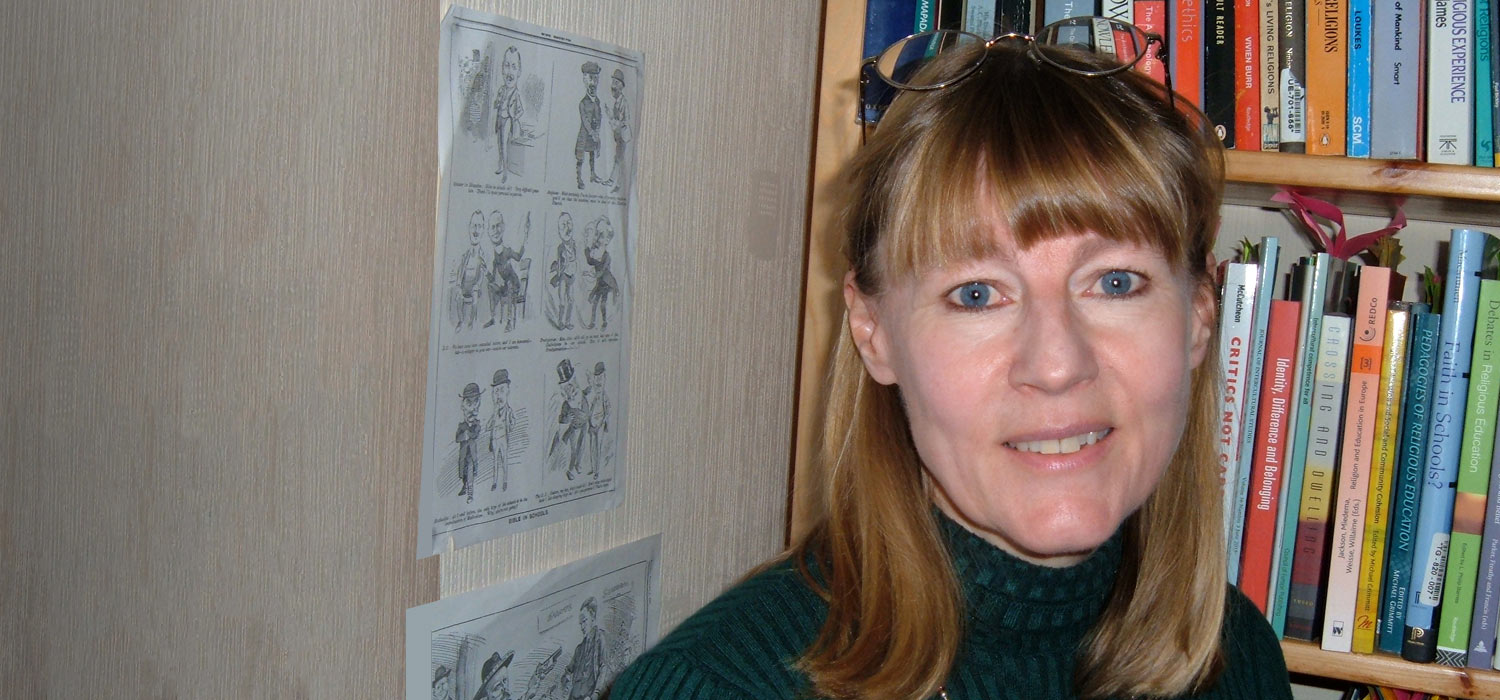
Primary beliefs
A University of Otago graduate is calling for the inclusion of education in religions and beliefs within the New Zealand state primary school curriculum.
Helen Bradstock recently completed her PhD in the Department of Theology and Religion on the subject of “religion and governmentality” in state primary schools.
She interviewed teachers, parents, Bible-in-Schools volunteers and representatives of key stakeholders such as the Ministry of Education, the Human Rights Commission and the Churches Education Commission.
Bradstock says that she was surprised, when she arrived in New Zealand from the United Kingdom in 2009, that religion was taught by Bible-in-Schools volunteers during times when schools were deemed legally closed, and was absent from the mainstream curriculum.
She argues that New Zealand is a religiously diverse, bicultural, liberal democracy, and that this needs to be reflected in its education legislation, policy and practice.
“There are considerable problems surrounding voluntary religious instruction in state schools, where children now represent a variety of religious and non-religious family backgrounds,” Bradstock maintains.
“Constraints on the opting-out process mean that human rights are not protected and coercion into attendance is likely. For this reason, among others, I conclude that Bible-in-Schools should not take place in state schools.
However, she believes that liberal democratic nation states have a compelling interest in protecting freedom of religion and relief, and that part of protecting religious freedom is ensuring that all citizens are informed and educated about other religious and non-religious world views.
“I, therefore, advocate education in religions and beliefs within the school curriculum.”